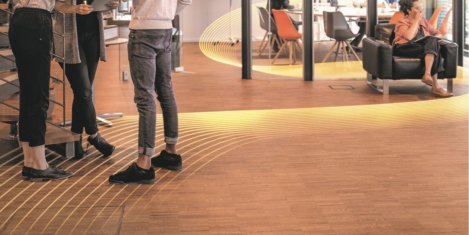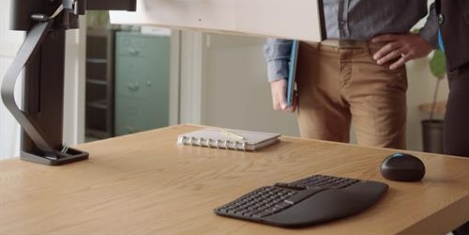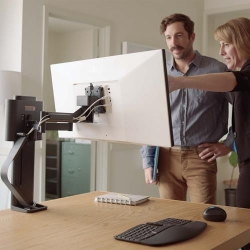To provide the best experiences, we use technologies like cookies to store and/or access device information. Consenting to these technologies will allow us to process data such as browsing behaviour or unique IDs on this site. Not consenting or withdrawing consent, may adversely affect certain features and functions.
The technical storage or access is strictly necessary for the legitimate purpose of enabling the use of a specific service explicitly requested by the subscriber or user, or for the sole purpose of carrying out the transmission of a communication over an electronic communications network.
The technical storage or access is necessary for the legitimate purpose of storing preferences that are not requested by the subscriber or user.
The technical storage or access that is used exclusively for statistical purposes.
The technical storage or access that is used exclusively for anonymous statistical purposes. Without a subpoena, voluntary compliance on the part of your Internet Service Provider, or additional records from a third party, information stored or retrieved for this purpose alone cannot usually be used to identify you.
The technical storage or access is required to create user profiles to send advertising, or to track the user on a website or across several websites for similar marketing purposes.
 The world of work is changing rapidly. Businesses are having to make fundamental shifts to adjust to the emergence of new business models, technologies and the changing expectations of the workforce. This has left human resources teams all over the world needing to efficiently adapt the way they hire, develop and take care of their staff, with the most significant challenge being managing the needs of the current workforce, and addressing their future demands. (more…)
The world of work is changing rapidly. Businesses are having to make fundamental shifts to adjust to the emergence of new business models, technologies and the changing expectations of the workforce. This has left human resources teams all over the world needing to efficiently adapt the way they hire, develop and take care of their staff, with the most significant challenge being managing the needs of the current workforce, and addressing their future demands. (more…)








 Remote working swiftly evolved from a stopgap lockdown solution into a globally successful workstyle – and it’s set to stay. According to research quoted by
Remote working swiftly evolved from a stopgap lockdown solution into a globally successful workstyle – and it’s set to stay. According to research quoted by
 The
The 
 Originally published in December 2014. Homeworking seems to have become a bit of a hot topic this year, but one sentence published on the
Originally published in December 2014. Homeworking seems to have become a bit of a hot topic this year, but one sentence published on the 
 A new study on recruitment and workforce trends has crowned London as the world’s most desirable city to work in, with the UK capital holding onto the top spot, despite uncertainty around Brexit and the ongoing Covid-19 pandemic.
A new study on recruitment and workforce trends has crowned London as the world’s most desirable city to work in, with the UK capital holding onto the top spot, despite uncertainty around Brexit and the ongoing Covid-19 pandemic. 
 There’s no question what has occupied the majority of attention for risk managers during 2020. But
There’s no question what has occupied the majority of attention for risk managers during 2020. But 















September 12, 2022
The wellbeing of parents should be a greater concern for employers
by Gosia Bowling • Comment, Wellbeing